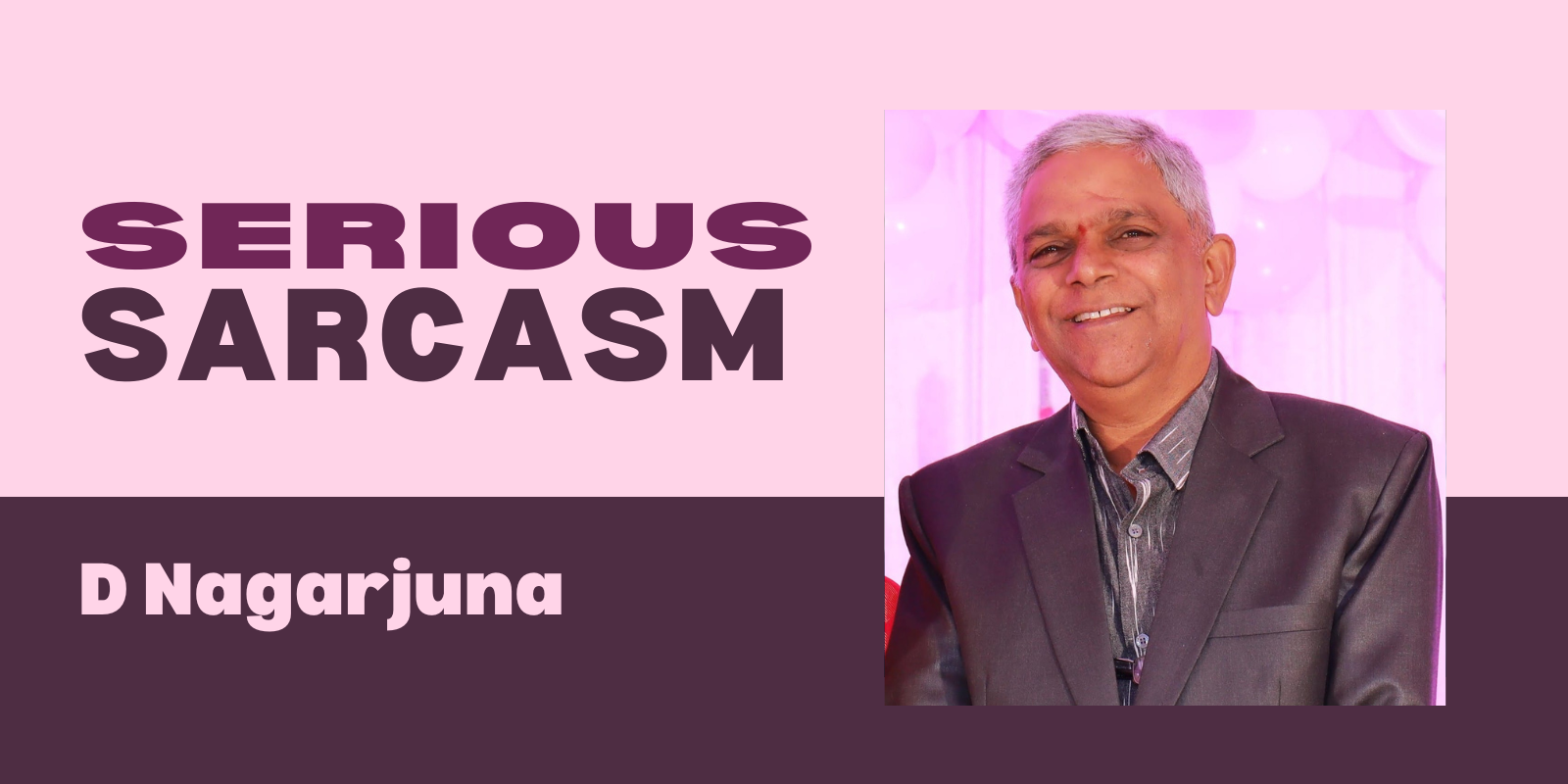This October brings the centenary of two remarkable men who took up journalism both as livelihood and as mission—armed with nothing but conviction and courage. Today, October 3, marks the 100th birth anniversary of Sri M.S. Acharya of Warangal, while October 6 will mark that of my father, D. Sitaram. Both faced turbulence in their times, yet stood firm against injustice, making journalism a weapon for truth rather than a business of convenience.
Google may provide pages of information on Sri Acharya, whose family name is the illustrious Madabhushi. But the essence of his life lies not in facts alone but in his spirit—unyielding, uncompromising, and passionately committed to his profession. One cannot help but wonder how he would have reacted to the decline of journalism today, when cronyism, corporate influence, and political compromise define much of the mainstream media.
My father and Sri Acharya came from different traditions and held different worldviews. Yet, their struggles often mirrored each other—whether confronting the Razakars or battling the powers that sought to muzzle their voices. Both men carried the scars of their defiance, and yet their legacies live on. Coincidentally, their sons—myself and Dr. Madabhushi Sridharacharyulu—also stumbled into journalism, perhaps by accident rather than deliberate choice, and have remained close friends, bound by the shared legacies of our fathers.
If there is a saying that best fits this lineage, it is the Telugu proverb Thandrini minchina tanayudu—“the son surpasses the father.” Dr. Sridharacharyulu, son of Sri Acharya, has carried the torch forward with distinction. A former Central Information Commissioner, Professor of Law, Dean at Bennett University, and now associated with Mahindra University, he has built a formidable reputation as an academic, public intellectual, legal mind, and prolific writer. His words and work continue to command respect across India and abroad, keeping alive the flame of integrity that his father lit.
The story of the Madabhushi family is one of grit, resilience, and achievement against odds. Rising from humble beginnings, they scaled heights unimaginable in a society often dominated by wealth, caste, and political patronage. What set them apart was not privilege but values—courage, honesty, and the refusal to bend. For two generations, these values have not only endured but have flourished, even as freedom of expression has withered elsewhere.
Sri Acharya lived in a time when journalism still retained dignity. It was not free from pressures, but there remained a moral boundary that journalists tried to defend. Today, that boundary has all but collapsed. Mainstream journalism, too often, is for sale. Social media provides some oxygen for free voices, but even that freedom may not last long. Perhaps it is a blessing that Sri Acharya did not live to witness this decay. For he belonged to a rare breed of journalists who would rather shut down their publications than compromise on principles.
Indeed, Sri Acharya resisted the practice of bribing governments for ad revenue. He preferred to wind up his newspapers rather than beg for favors or bend to power. That decision alone places him in the pantheon of true journalists—those who valued their pen more than profit. It also raises a disturbing question for our times: how many journalists today would make the same choice?
I never had the fortune of meeting Sri Acharya, but in meeting his son, I often feel as though I have met the father, too. The same zeal, the same unshakable fire, and the same readiness to help the needy continue to shine through him.
Abraham Lincoln once said, “In the end, it’s not the years in your life that count. It’s the life in your years.” Sri M.S. Acharya’s life proves the truth of those words. His courage, integrity, and service to journalism remain timeless. On his centenary, the best tribute we can pay him is to ask ourselves: are there still enough like him today, or have we allowed that noble breed to vanish?




